1. Whistling in a Cemetery Could Summon Spirits
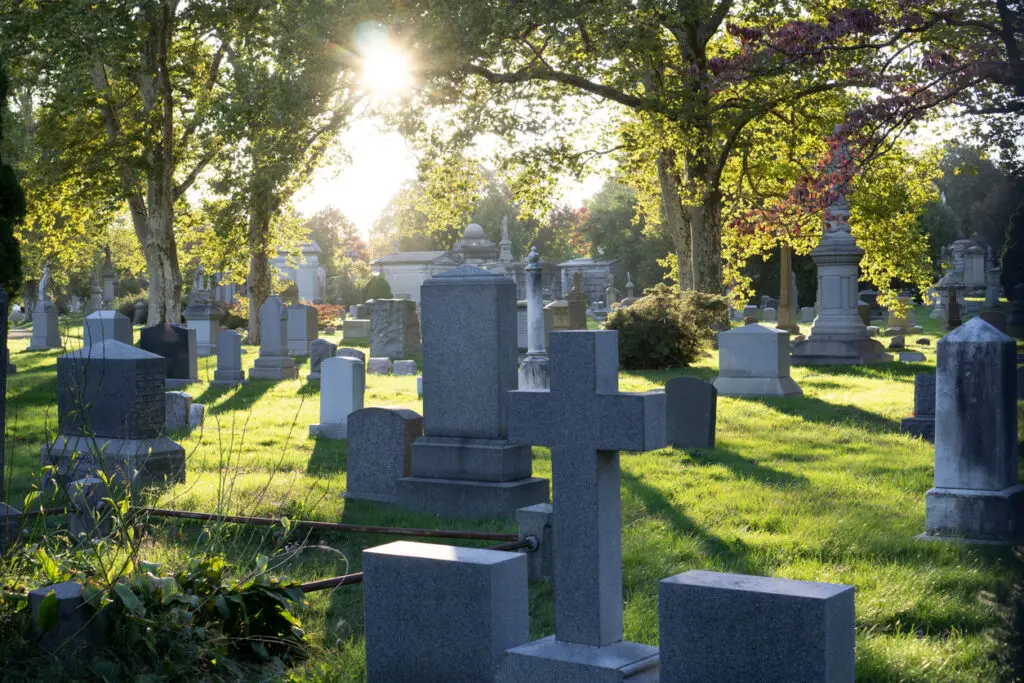
Whistling in a cemetery was once considered an invitation for the spirits of the dead to visit. This superstition suggested that whistling disturbed the resting souls, causing them to become restless or even vengeful. People believed that by making a noise, such as a whistle, you were opening a doorway for the dead to communicate, potentially bringing bad luck. As a result, many avoided the act of whistling near burial sites, fearing it might upset the peace of the deceased.
This fear wasn’t just superstition but also a respect for the dead’s supposed ability to interact with the living world. It was seen as a breach of spiritual etiquette, and some even warned that the spirits could follow you home if you didn’t show proper respect. Such customs were passed down through generations, ingraining the belief in local communities that the dead should be left undisturbed.
2. The Headstone Should Never Be Cleaned
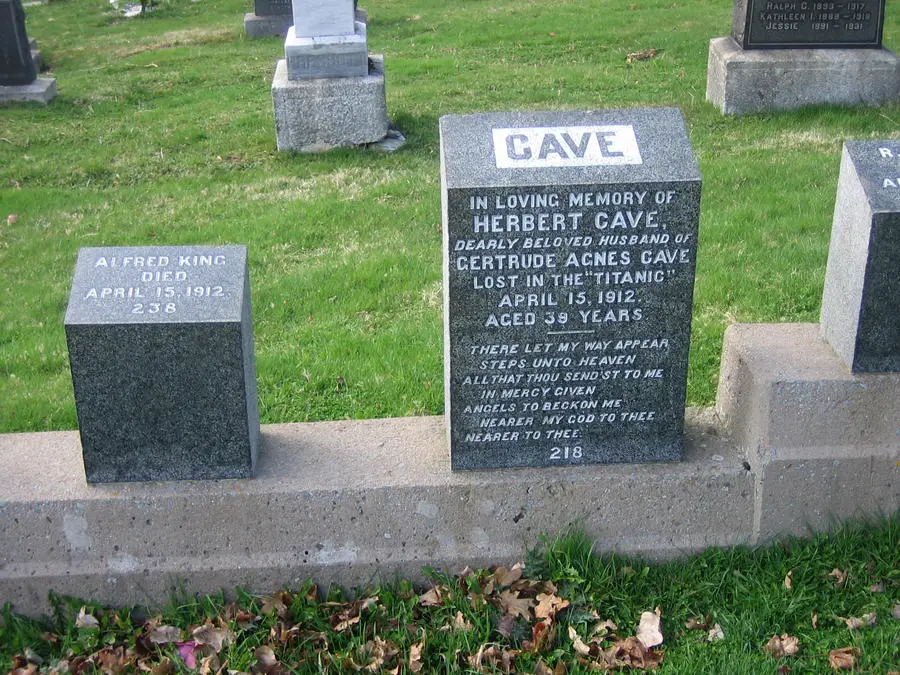
In some cultures, it was believed that cleaning a headstone would bring bad luck or anger the spirits of the deceased. The idea was that the act of polishing or scrubbing the stone could disrupt the natural order of things and prevent the soul from finding peace. Cemeteries were seen as sacred spaces, and keeping the headstones as they were could help ensure that spirits rested undisturbed.
This superstition has persisted in some rural areas, where grave maintenance practices are rooted in age-old customs. While modern cemeteries may see the upkeep of graves as a respectful practice, older traditions warned against interfering too much with the headstones, believing that cleanliness might lead to unwanted spiritual encounters.
3. Never Cross Over a Grave
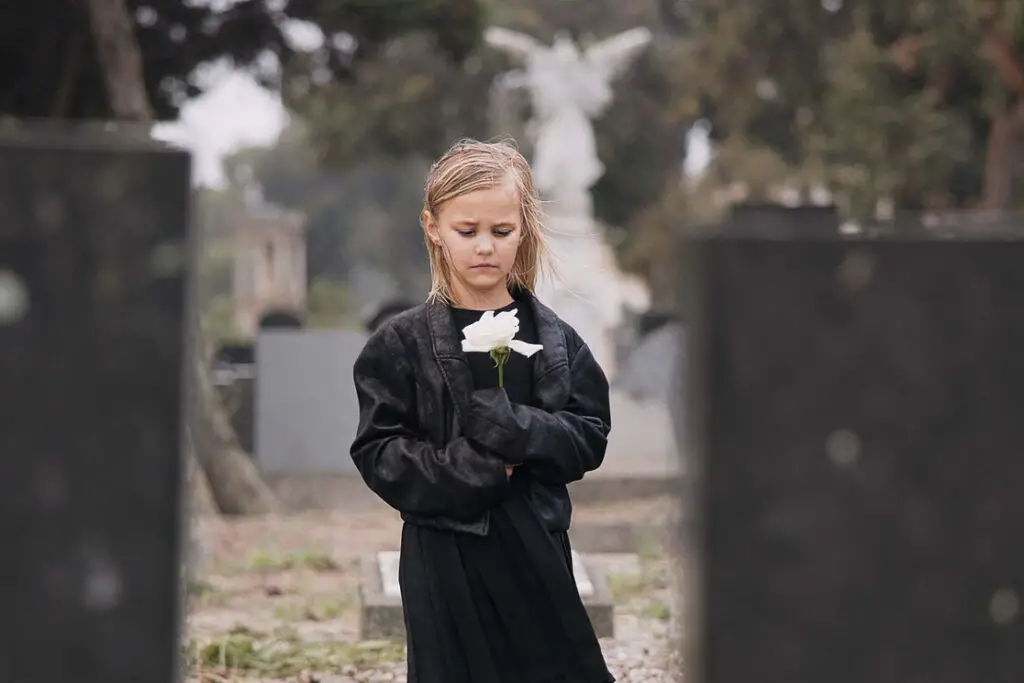
One common superstition is that crossing over a grave could bring misfortune. This belief was tied to the idea that you might anger the spirit of the deceased, especially if the grave had not been properly tended to. It was thought that spirits might take offense at the disrespect of walking over their final resting place and could bring misfortune to anyone who did so.
People were often advised to walk around graves, not over them, to show respect for the dead. In some cultures, the act of crossing over a grave was even said to result in an early death or a period of bad luck for the person who committed the act. These superstitions were passed on through word of mouth and continued to influence the behavior of those who visited cemeteries.
4. Mirrors Should Never Be Taken to the Cemetery

Mirrors were thought to trap souls, and it was believed that carrying one into a cemetery would capture the spirit of the deceased. Once trapped, the spirit could cause mischief or misfortune for those who were around. This superstition was especially potent in Victorian times when mirrors were regarded as gateways to the afterlife or portals to the spirit world.
To avoid attracting unwanted spirits, people were advised to leave mirrors at home when visiting cemeteries. Some even believed that mirrors could reflect the souls of the dead and send them back into the living world, creating an imbalance that might invite evil or bad luck. As a result, the superstition persisted for generations, warning people to respect the boundaries between the living and the dead.
5. The Full Moon Brings Souls Back to the Cemetery

Many believed that the full moon was a time when spirits were more likely to return to their graves, or even wander the earth. This superstition tied the cycles of the moon to the activities of the dead, suggesting that the moon’s glow made the cemetery an active, haunted place. Some claimed that the spirits were more restless during this time, seeking closure or revenge, depending on the circumstances of their death.
As a result, visiting a cemetery during a full moon was thought to be particularly dangerous. The superstition warned that anyone who dared to enter could risk encountering spirits that were more active and less likely to be peaceful. People avoided these visits, especially during the night, for fear that the full moon’s light would bring the dead back to life, even if just for a brief moment.
6. Cemetery Gates Should Always Be Closed
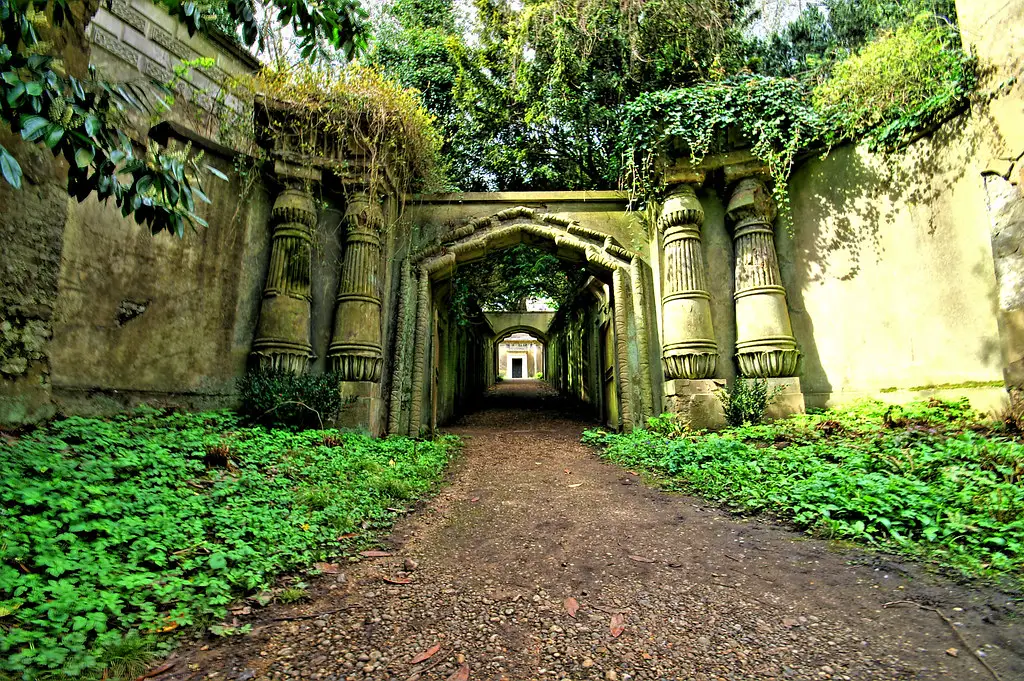
It was commonly believed that leaving a cemetery gate open would allow evil spirits to escape and wreak havoc on the living. This superstition was rooted in the idea that cemeteries acted as boundaries between the world of the living and the dead. An open gate was seen as an invitation for the restless dead to leave their burial grounds and cause harm.
For this reason, caretakers of cemeteries were often vigilant about making sure gates were securely closed after each visit. The superstition extended beyond the graveyard itself, as people feared that leaving gates open could also invite bad luck or a curse. It was a simple but powerful belief that helped maintain the sanctity and peace of burial sites.
7. The Sound of a Bell at Midnight Was a Warning

In the past, it was believed that the sound of a bell tolling at midnight was a sign that someone had passed away. This superstition tied the bell’s ringing to the death toll of the deceased, acting as a warning to the living. It was thought that the bell’s chime marked the exact moment of death, and hearing it was seen as a spiritual signal.
Many people avoided being out and about at midnight for fear that the bell’s toll could bring death to those nearby. The superstition also carried a sense of foreboding, as it was believed that the bell could serve as a harbinger of one’s own fate, especially if heard on a personal journey. The eerie toll of the midnight bell continued to evoke fear and curiosity in generations past.
8. Do Not Step on the Edge of a Grave
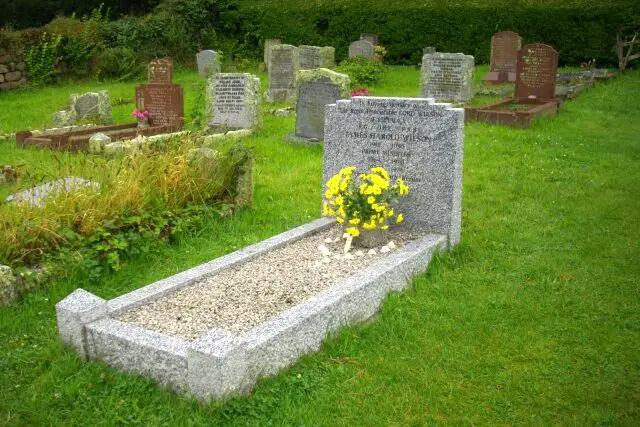
Stepping on the edge of a grave was once considered a surefire way to invite bad luck or curse yourself. It was believed that by walking on the grave’s perimeter, you might offend the deceased, causing them to take offense and bring misfortune to you. This superstition was particularly prevalent among those who felt that the boundary between life and death should be respected at all costs.
In some cultures, people went so far as to advise walking carefully around grave markers, ensuring that no part of your body even brushed the edge. Violating the sacred space was seen as an act of disrespect, and the consequences were believed to be severe. The superstition was a reminder of how much care and reverence should be shown to the resting places of the dead.
9. Pile of Rocks Meant Bad Luck

Some cultures believed that placing a pile of rocks on a grave would bring misfortune to the person who added them. The superstition suggested that the rocks symbolized an attempt to weigh down the spirit, which was seen as a form of disrespect. By disrupting the natural order, it was thought that the person who placed the rocks would be cursed with bad luck or even illness.
While the practice may have been a form of respect in some cultures, many believed that it would anger the spirits of the dead. The superstition served as a reminder that cemeteries were not just physical places, but spiritual ones, where every action could have lasting consequences for those involved.
10. The Grave Should Never Be Disturbed
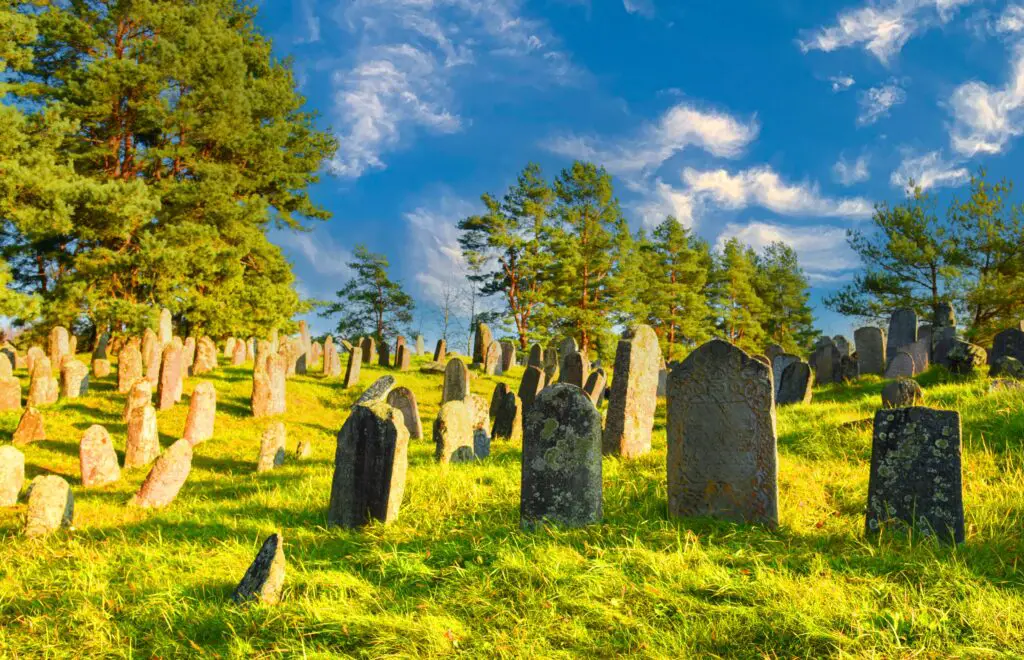
A long-held superstition was that disturbing a grave, whether to move a body or alter the site, would bring disaster. It was believed that the spirit of the deceased would not rest if their grave was tampered with, causing them to become restless. The superstition often extended to tombstones, where the altering or moving of a headstone was seen as a direct affront to the spirit’s peaceful existence.
Disturbing the grave was believed to bring not only bad luck but also potential hauntings. People who were found to be responsible for such actions were often believed to face tragic consequences, including illness, financial ruin, or even death. The reverence for burial sites acted as a powerful deterrent for any kind of interference.
11. Burying the Dead with Objects for the Afterlife
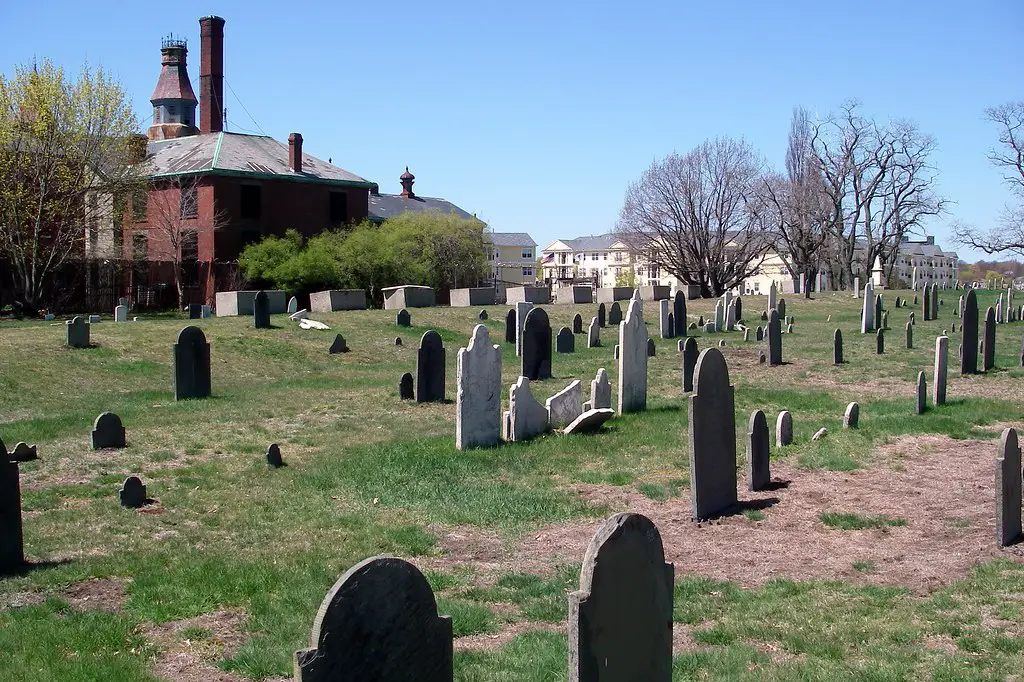
In ancient cultures, it was common to bury the dead with objects like coins, jewelry, or personal items that were believed to be needed in the afterlife. The superstition was based on the idea that the dead would need these possessions to navigate the afterlife, and taking them would anger the spirits. Over time, this evolved into a superstition that warned against disturbing graves to steal such items, as it was thought that doing so would result in a curse.
People feared that removing these offerings would upset the balance between the living and the dead, and that the spirits would seek vengeance. The belief that certain objects had power even after death kept people from meddling with gravesites and discouraged the practice of grave robbing.
12. The Deceased’s Body Should Not Be Moved After Burial
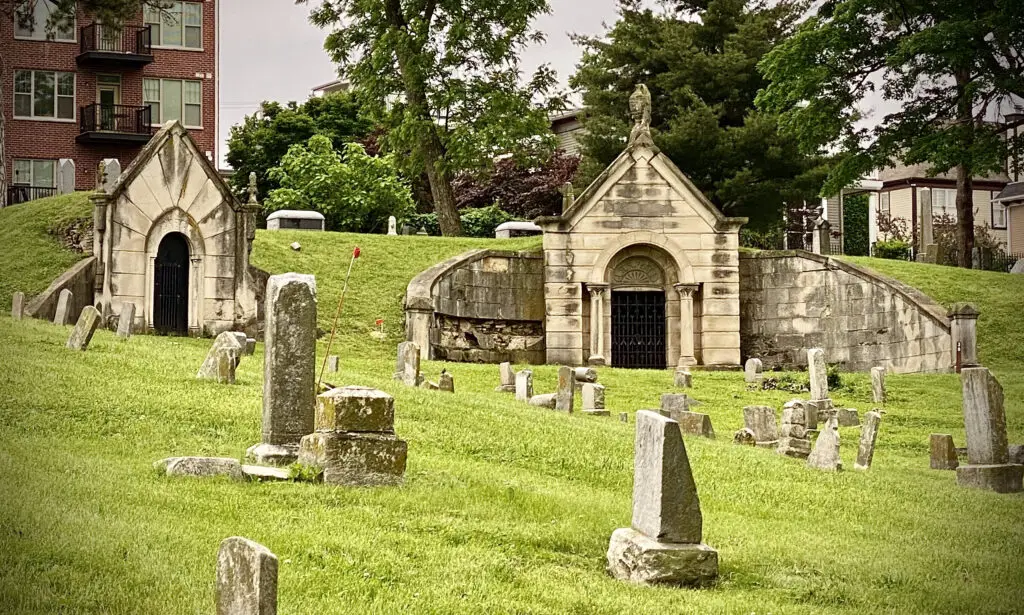
After a person was buried, it was believed that their body should never be moved to another location. The superstition was rooted in the idea that moving the body would confuse the soul, causing it to become lost and unable to find peace. In some cultures, it was even thought that if the body was disturbed, the soul would become trapped in the grave, unable to move on.
This belief persisted in many societies as a way to maintain the sanctity of the burial process. Families who experienced the death of a loved one were cautioned to avoid moving the body once it had been laid to rest, as it was seen as a sign of disrespect to both the deceased and their spirit.
13. Never Plant Flowers on a Grave of a Murderer
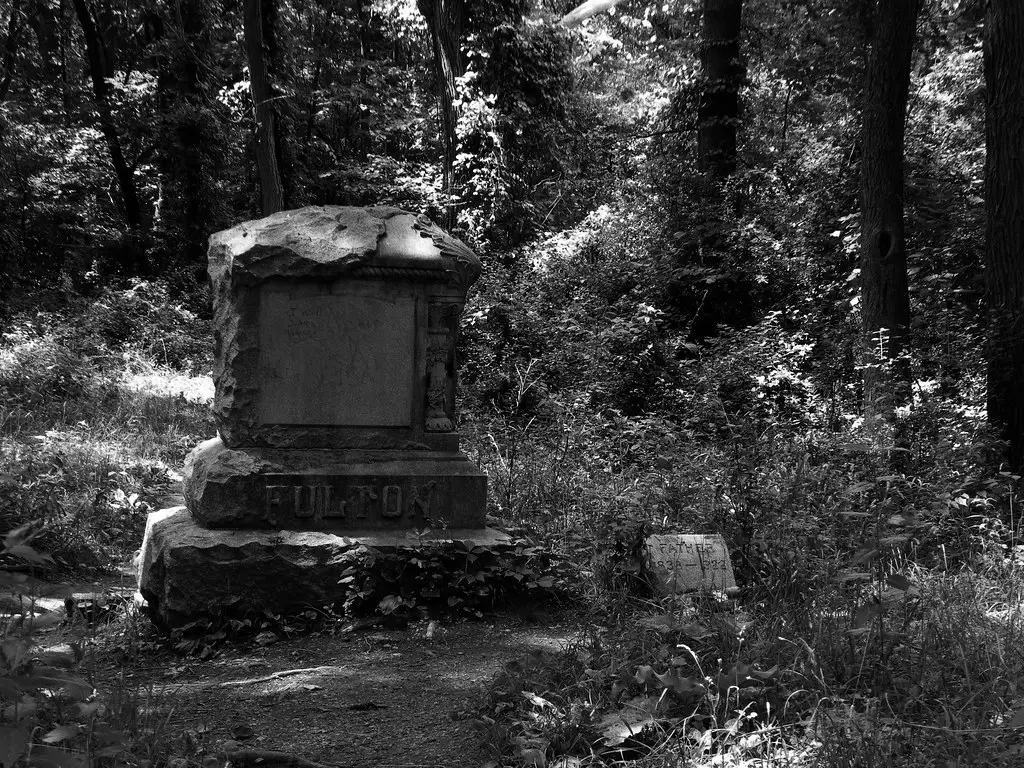
In certain regions, it was believed that planting flowers on the grave of someone who had been convicted of murder would lead to tragedy or misfortune. The superstition was based on the idea that the spirit of the murderer would never rest, and their soul would carry negative energy that could seep into the surrounding earth. Those who planted flowers were thought to invite bad energy into their lives.
This superstition reflected the broader societal belief that the dead should be treated with respect, but that certain individuals, particularly murderers, were beyond that. It was believed that to show kindness to such a person’s grave would result in an imbalance between the living and the dead, with negative consequences for those involved.
14. The Dead Cannot Rest if Their Grave is Left Unattended
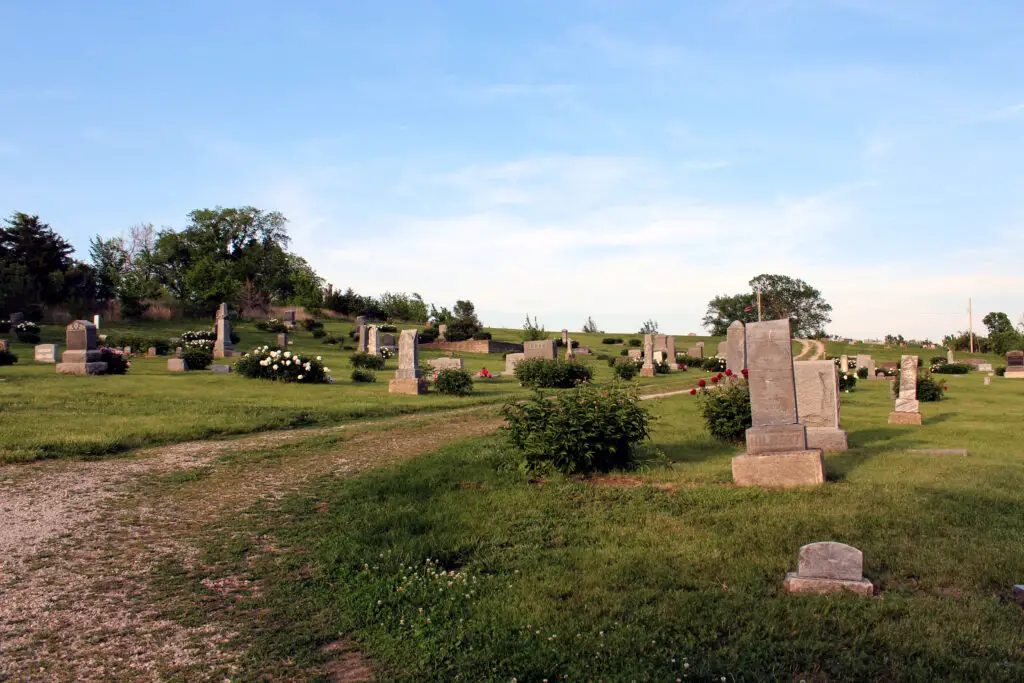
It was once believed that a grave left untended would prevent the soul from resting in peace. If the grave was left overgrown with weeds or unmarked, it was thought to cause the deceased to become restless and unable to move on to the afterlife. As a result, it was considered a moral obligation to care for the grave, even if the deceased was a stranger.
The superstition had a deep spiritual basis, suggesting that neglecting the dead’s resting place was a form of disrespect that disrupted the spiritual balance. In some cultures, grave upkeep was viewed as a sign of care for the soul of the deceased, with the hope that it would ensure their peaceful passage into the afterlife.
15. No Birds Should Land on a Grave

In certain cultures, it was believed that if a bird landed on a grave, it was an omen of death or misfortune. Birds were seen as messengers between the living and the dead, and their presence on a grave was interpreted as a sign that the spirit of the deceased was trying to communicate. Others believed that the bird’s visit indicated the death of another person close to the individual who owned the grave.
This superstition led to efforts to keep birds away from cemeteries, either by physical deterrents or rituals meant to prevent their landing. The idea that birds had a connection to the afterlife created a strong belief that their presence on a grave was more than just a coincidence.
